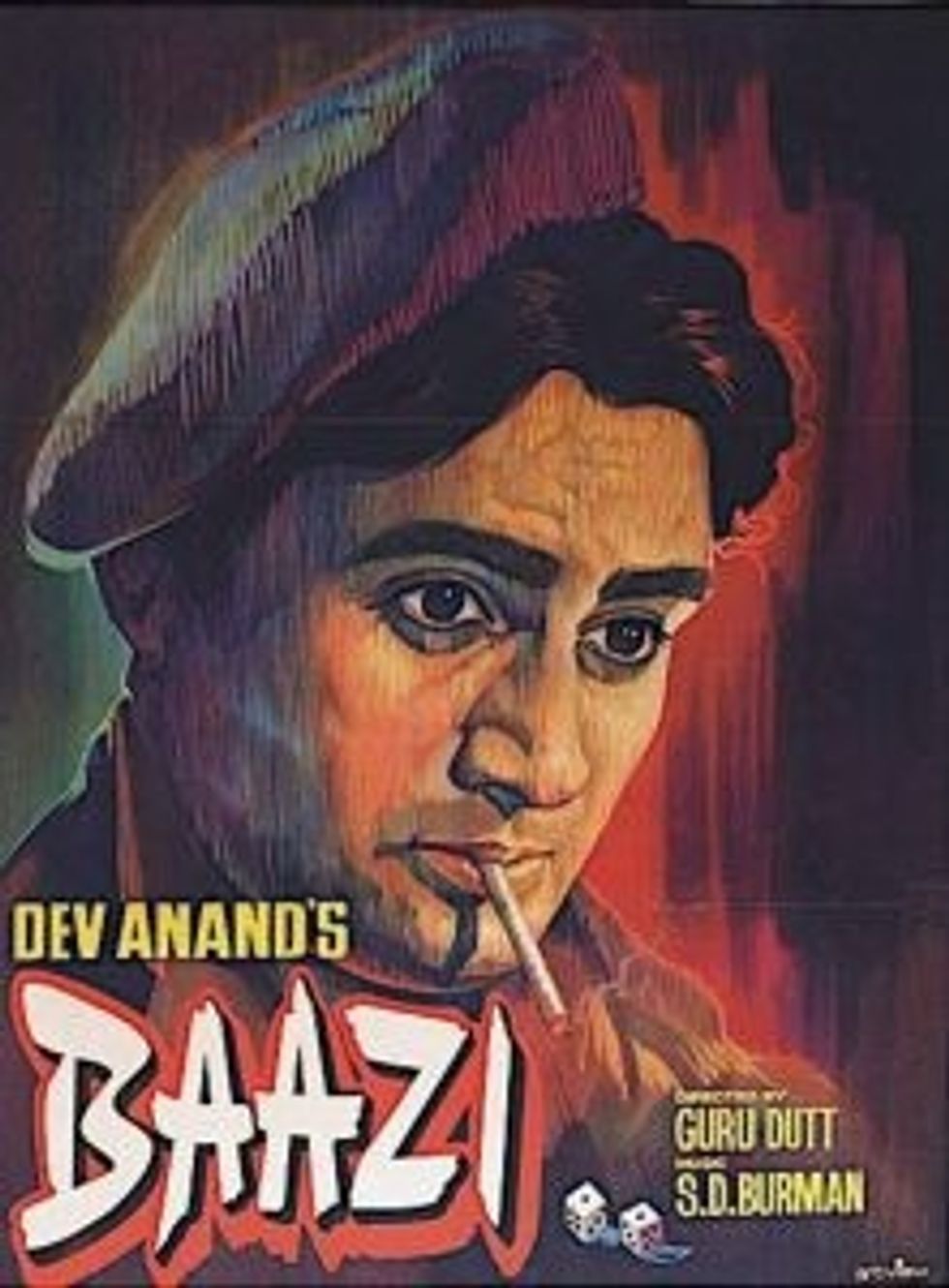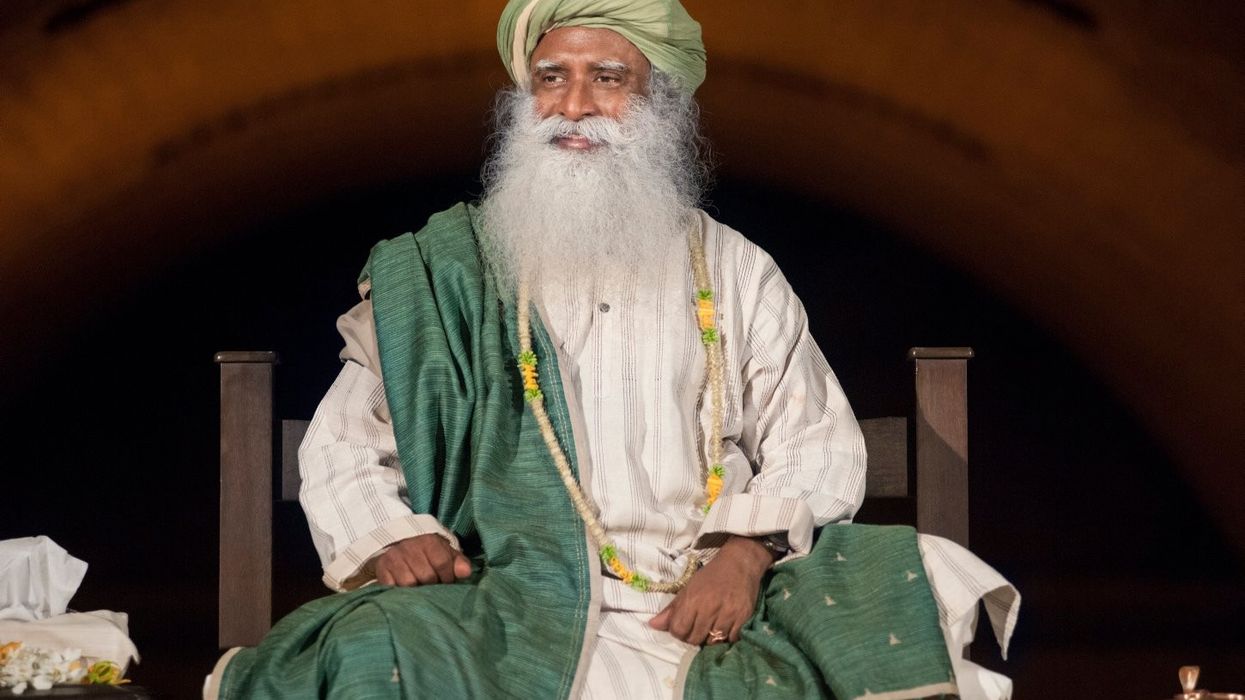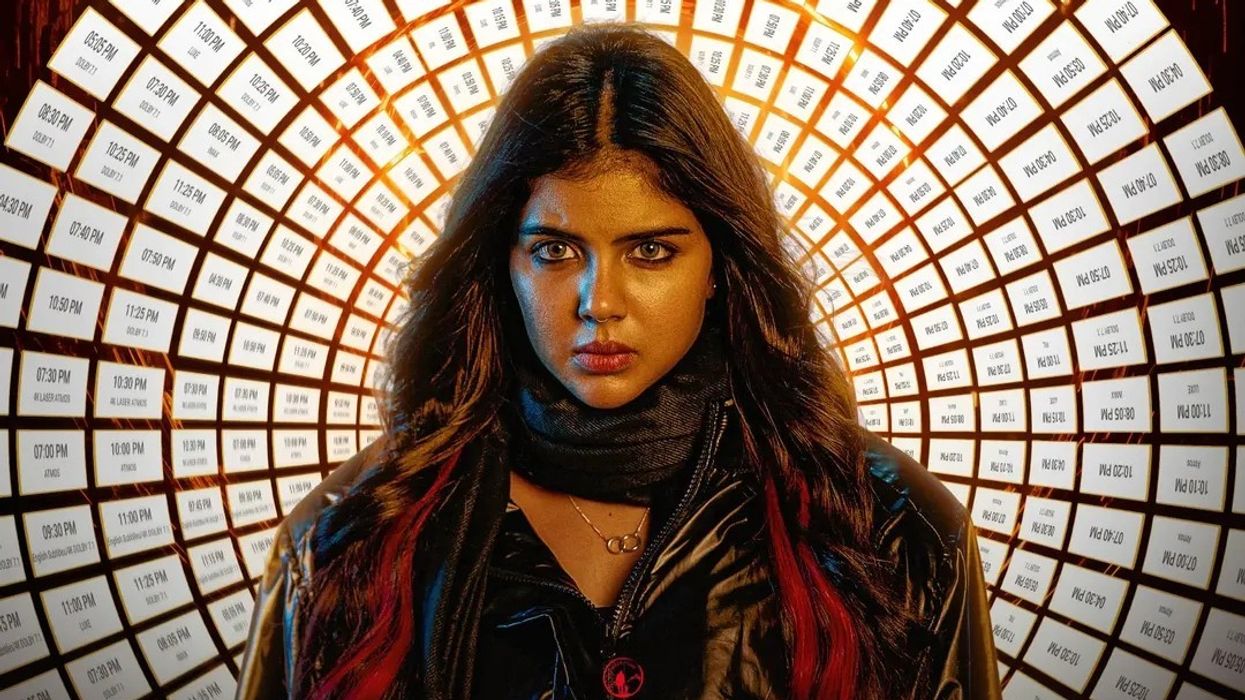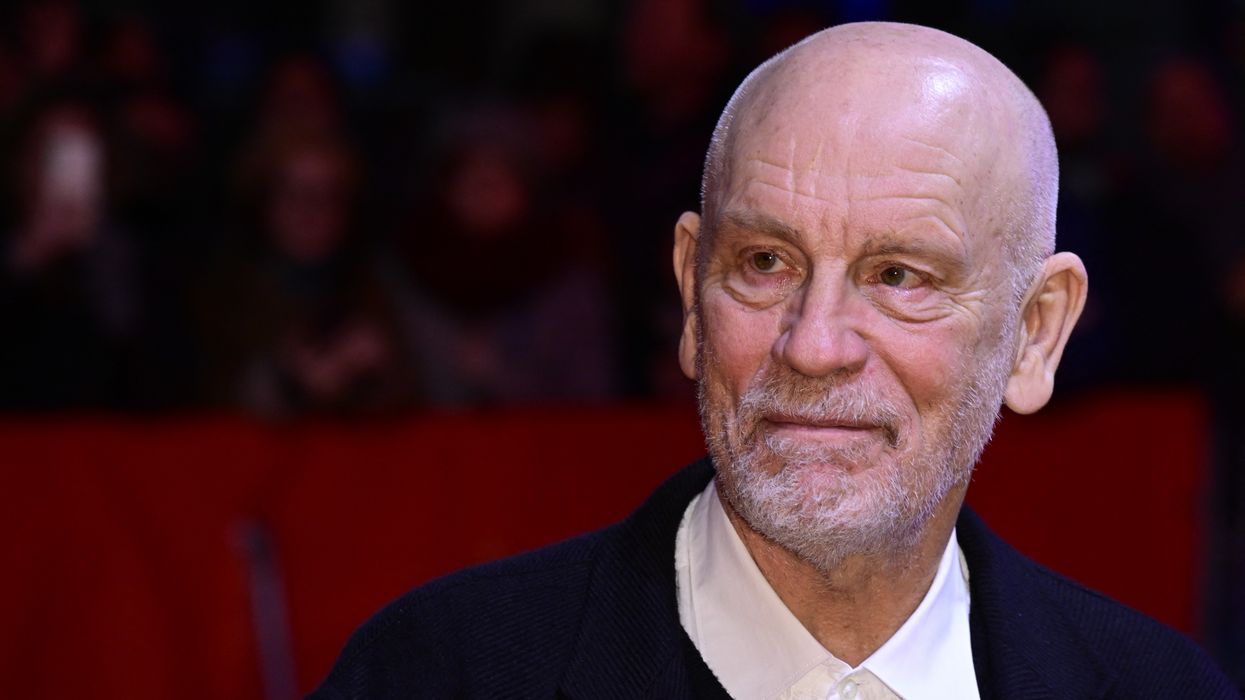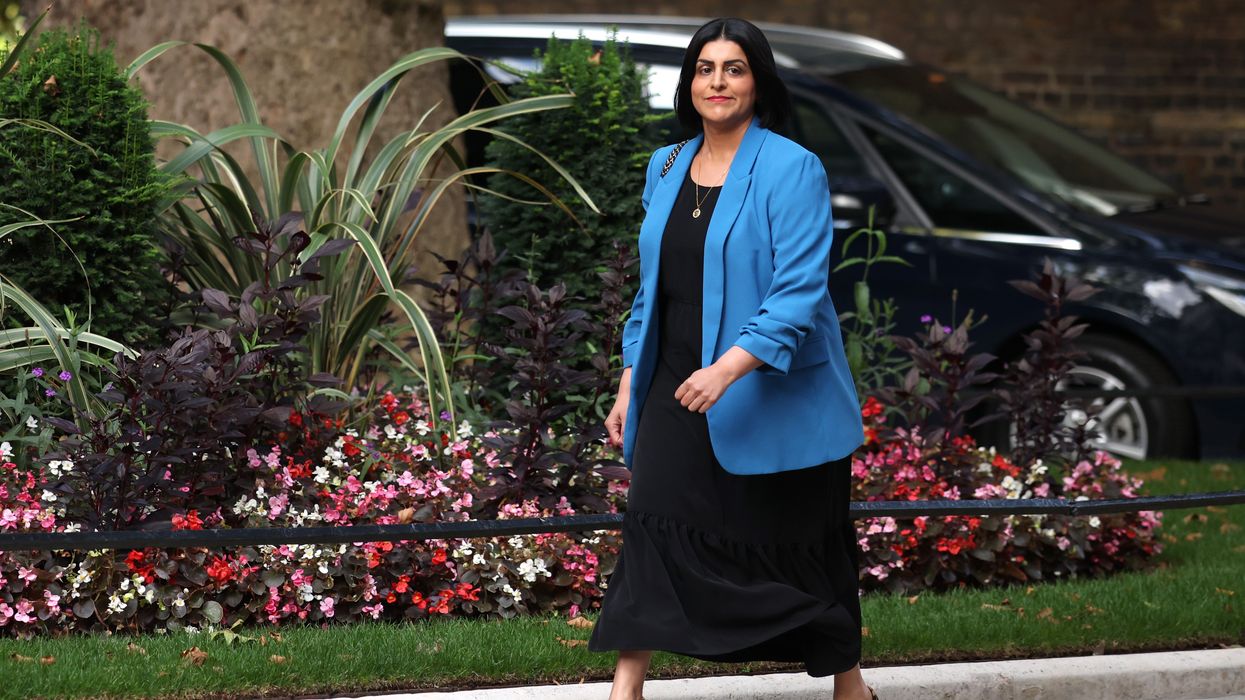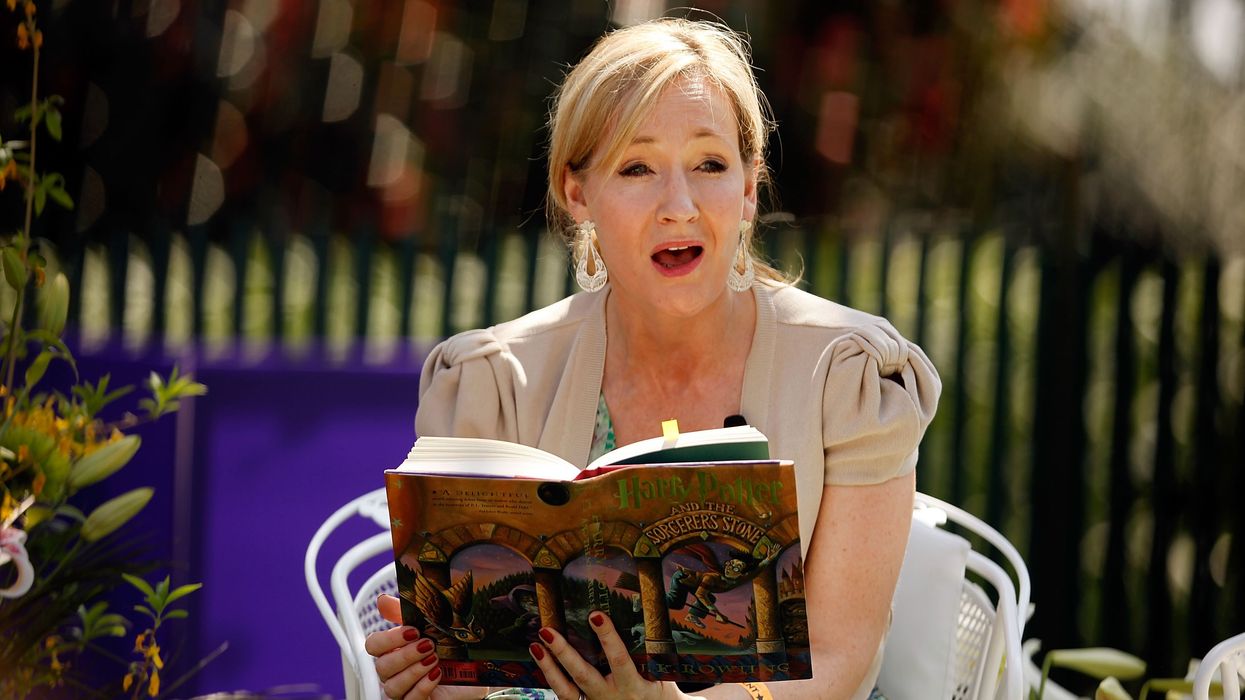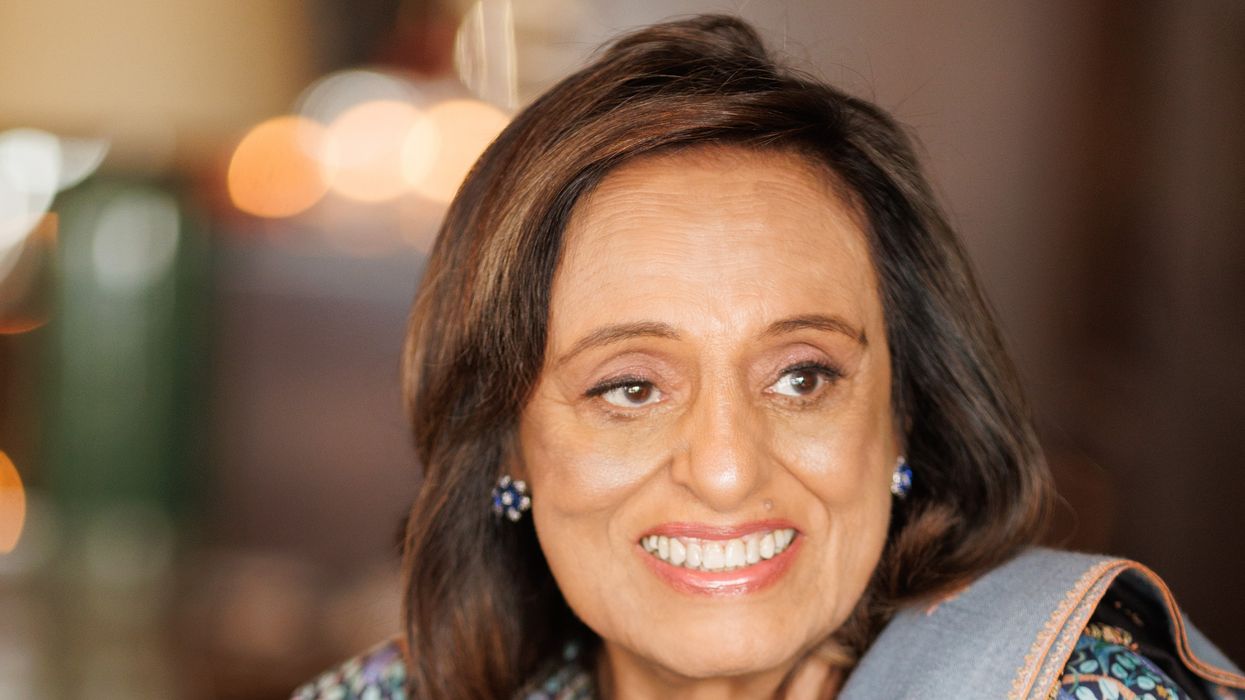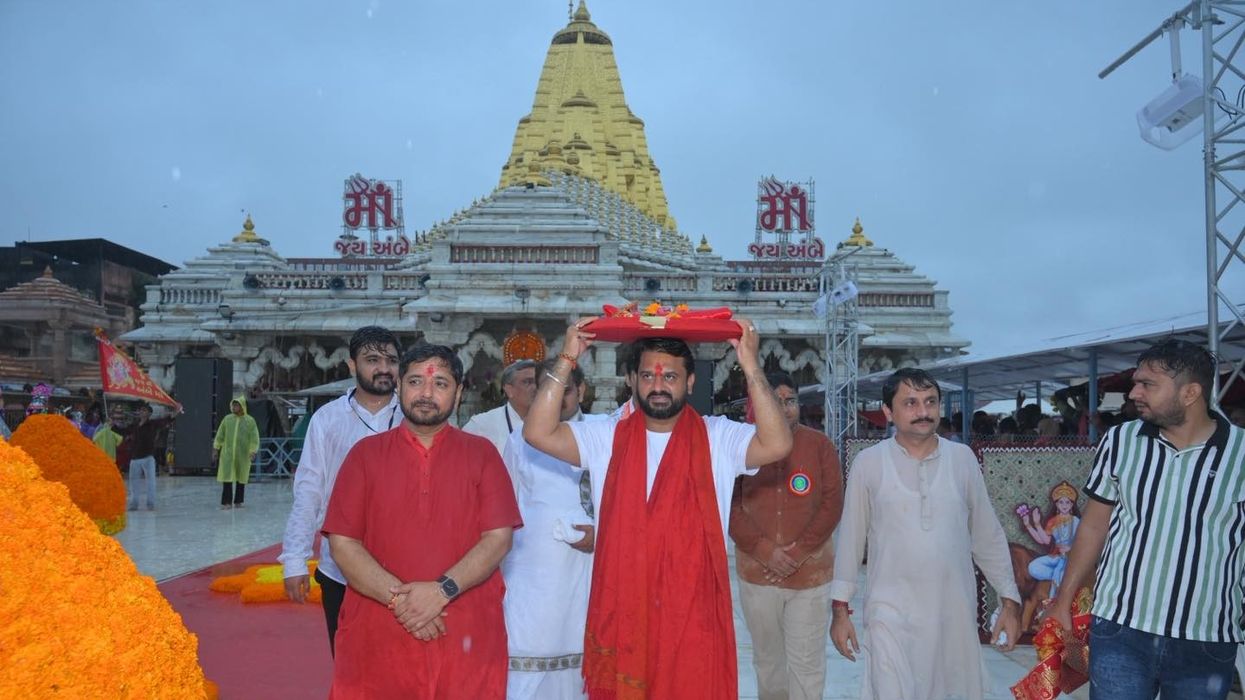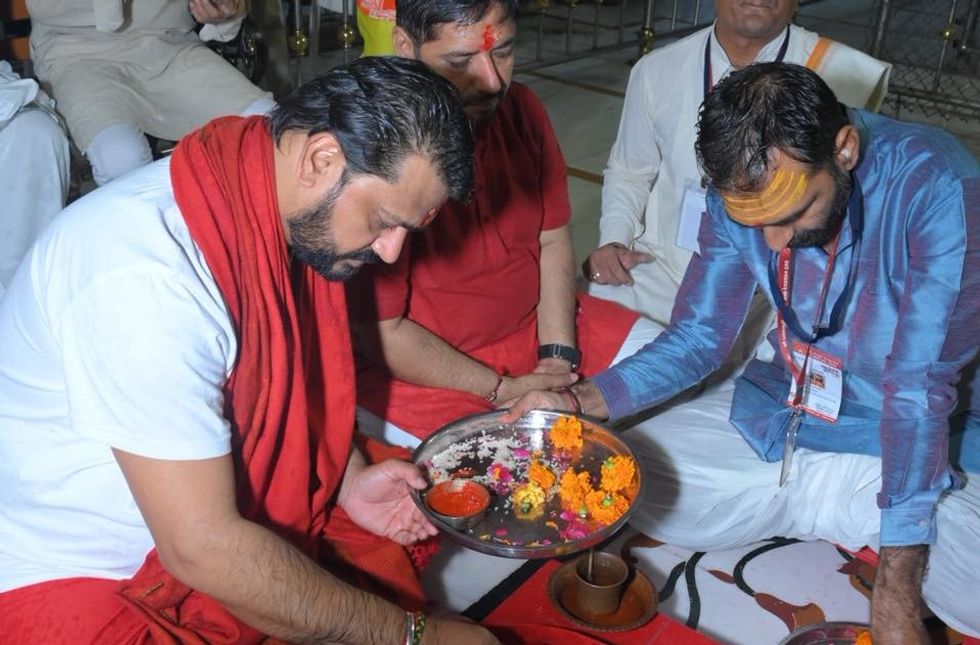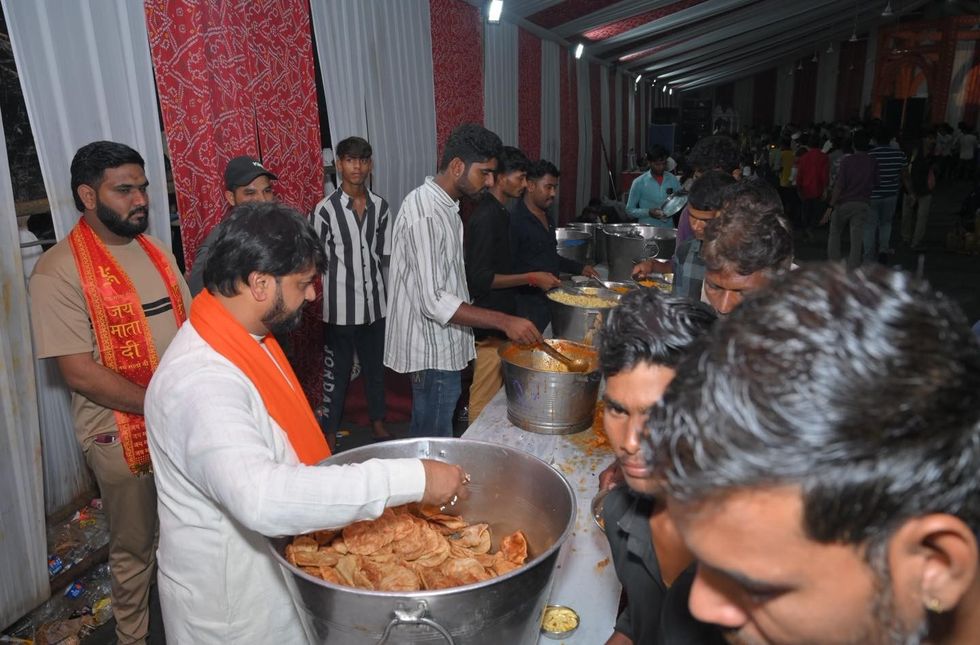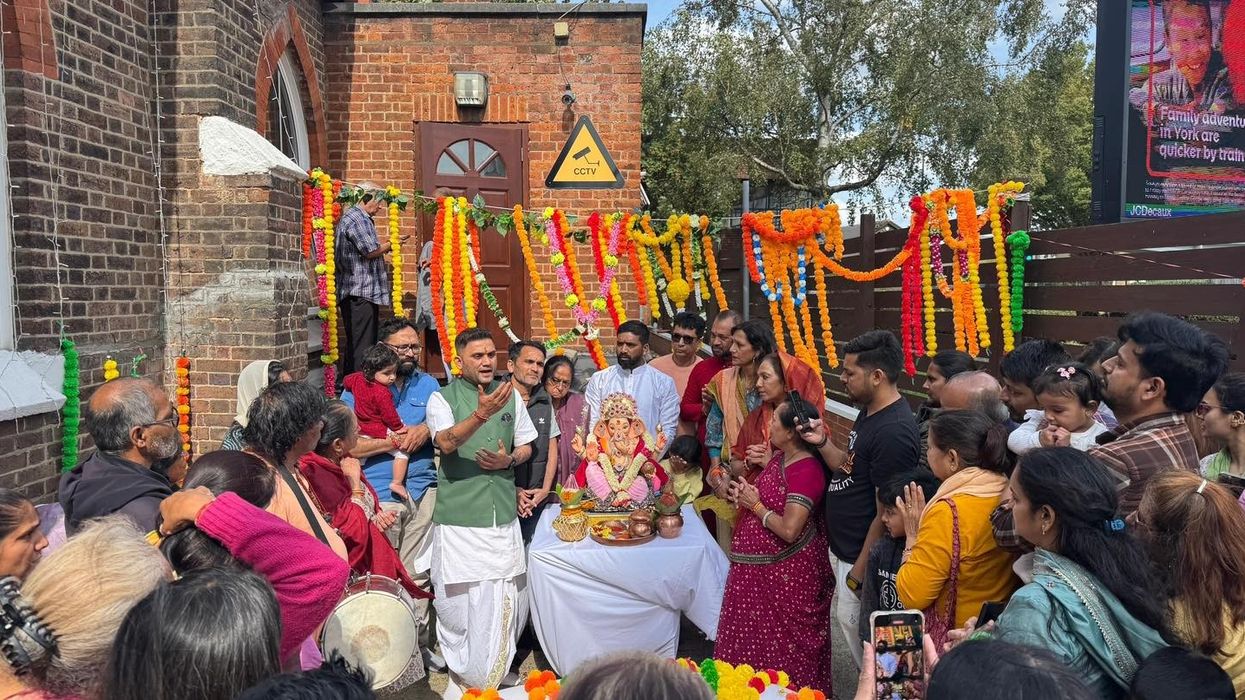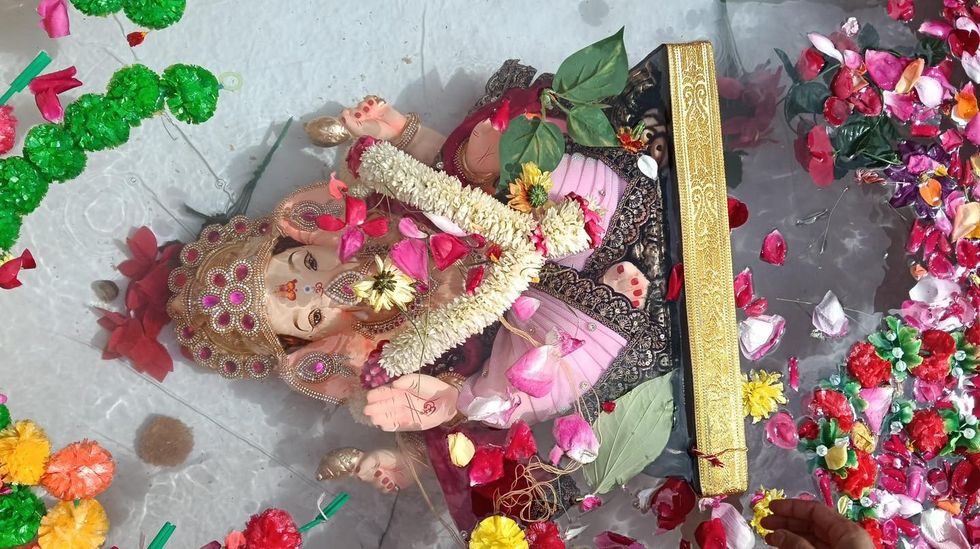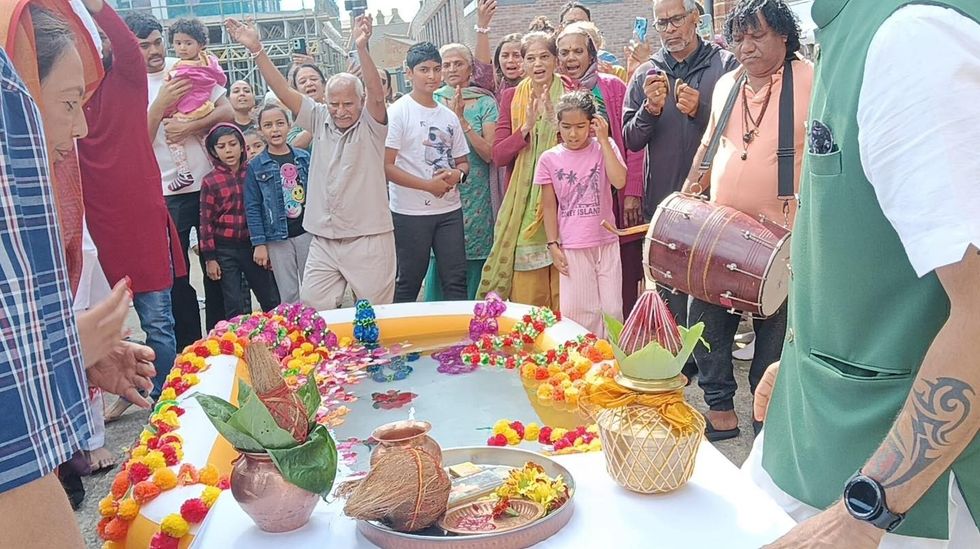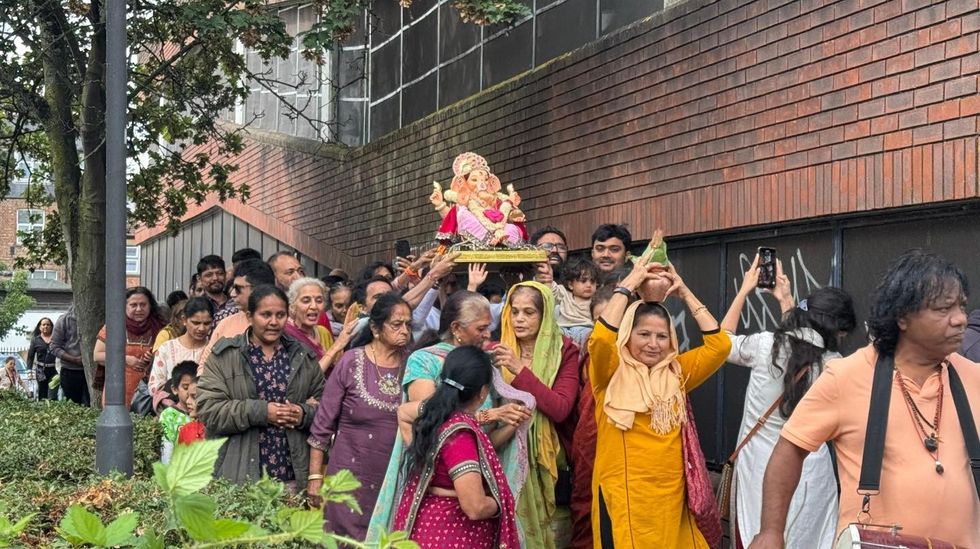CELEBRATING THE 70TH ANNIVERSARY OF A BLOCKBUSTER THAT CREATED LEGENDS AND INFLUENCED THE NOIR GENRE
BOLLYWOOD blockbuster Baazi became a big game-changer when it released on July 1, 1951, and that is why its 70th anniversary should be rightly celebrated this week.
The iconic classic popularised the Hindi noir genre, launched incredible new talent, had unforgettable moments, and introduced a new director who would go on to become one of the greatest filmmakers in history. That perfect moment in time was the result of a promise which had been made years earlier.
When struggling actor Dev Anand befriended aspiring filmmaker Guru Dutt, he promised to hire him if he ever became a star. Dutt vowed to cast his close friend if he became a filmmaker first. While Dutt struggled, Anand became a famous actor and soon launched his own production house Navketan Films. For the banner’s second home production Baazi, he kept his promise and hired Guru Dutt to make his directorial debut. That wasn’t the only truly inspired decision he would take for his ambitious production.
Future legend Balraj Sahni was struggling to make his mark as an actor and Anand hired him to write the screenplay, which proved be pathbreaking in the themes it covered. Meanwhile, another future film icon SD Burman was feeling disillusioned in Bollywood as he was not able to get any meaningful work and was persuaded not to quit by Anand. He roped him in to deliver the magnificent music for Baazi and that would start a dream run of stunning soundtracks for the legendary composer.
Around the same time a young poet named Sahir Ludhianvi was struggling to make a breakthrough and despite his lack of a track record was hired to write the lyrics. Those Baazi lyrics would be the first major step towards Ludhianvi becoming one of the greatest and most influential lyricists in cinema history.
Meanwhile, an unknown dancer named Zohra Sehgal had made a name for herself in theatre and was brought on board to choreograph the songs. She would also go on to become a dance legend and an internationally renowned actress, who worked well into her nineties.
Dev Anand would, of course, play the lead role and despite having the choice of major leading ladies, the team took the inspired decision of casting talented young actress Geeta Bali, who had done a few films but nothing noteworthy. She would set the screen on fire with her presence and become a huge star after the movie released. Her playful performance of songs like Tadbeer Se Bigdi Hui Taqdeer Bana Le would introduce the kind of sensuality that hadn’t been seen before by a leading lady and would put a dent in the conservative culture that had enveloped Bollywood, since strict censor laws had been introduced two decades earlier. This would also include one particularly suggestive outfit not seen before on-screen in India.
The second leading lady would be a beauty pageant winner named Mona Singha, who had been noticed by lead star Dev Anand’s elder brother Chetan Anand. She was rechristened as Kalpana Kartik and made a winning debut. She would go on to have a great Bollywood career and marry Baazi lead star Dev Anand a few years later. Anand wasn’t the only one who met his future wife on Baazi because an aspiring singer named Geeta Roy was given a large bulk of the songs, instead of a more established name, and they would turn her into a superstar and win the heart of director Guru Dutt, who would marry her two years later.
The other inspired piece of casting had perhaps the most incredible subplot associated with the brilliant Baazi story. Balraj Sahni, who had written Baazi, was on a bus and saw the conductor Badruddin Jamaluddin Kazi entertaining passengers with his jokes. He got him to audition for director Dutt, who was equally impressed and cast him as the comic relief in the movie. Dutt rechristened the loveable bus conductor after famous liquor brand Johnny Walker and he would go on to become one of the greatest on-screen comedians in Bollywood history. Such was his impact that he would influence pretty much every comedian in Bollywood that followed, including modern-day ones 70 years later.
The film itself, inspired by 1946 Hollywood film Gilda, would attempt a new kind of noir genre that had not been properly attempted in Hindi cinema before with a morally ambiguous hero and an unpredictable vamp. Debutante director Dutt would introduce the kind of filmmaking techniques seen in Hollywood with his camera angles, lighting and sharp camerawork. The director would also integrate songs into the storyline rather than randomly placing them into a plot like others had done.
Most importantly, the performances would be understated and rooted in reality. Apart from being a homage to 1940s Hollywood noir films, Baazi also made important social commentary on subjects like capitalism.
Baazi became a huge blockbuster when it released and the second highest grossing Bollywood film of 1951, beaten only by the record-breaking Awaara. The film would elevate Dev Anand to superstar status, putting him on par with Dilip Kumar and Raj Kapoor, to create the golden era’s holy trinity of leading men. The film would turn the many relative newcomers into major stars and influence urban crime films that came out of Bollywood in subsequent decades. It would also help shape a new type of Bollywood hero, who was tough on the outside but had a heart of gold.
Everything came together to create a classic that launched stars and changed Bollywood. That is why it remains an important moment in movie time even 70 years later.

